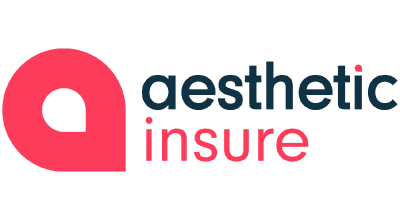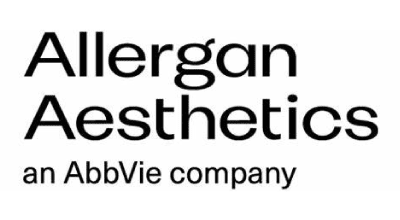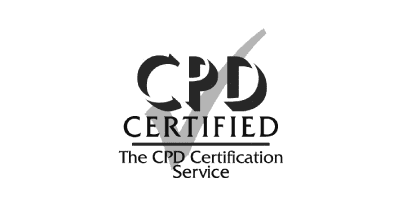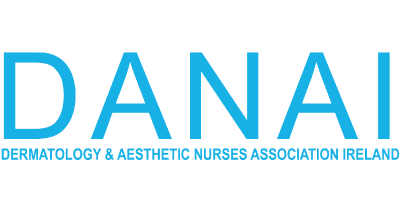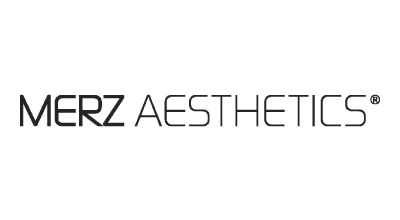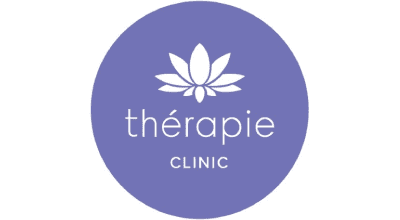A very important topic to be aware of when operating in the medical aesthetic field is Body Dysmorphic Disorder (BDD). Practitioners working in medical aesthetics have a much higher exposure rate to BDD than in standard medical practice.
It is very important that practitioners are knowledgeable on all current advice on this subject. It is also best practice to have some form of screening incorporated into the consultation process.
Body Dysmorphic Disorder (BDD) is, according to the NHS, “a mental health condition where a person spends a lot of time worrying about flaws in their appearance. These flaws are often unnoticeable to others.”
Patients with BDD have a particularly high dissatisfaction rate with aesthetic treatments, BDD is a contraindication for treatment.
It is recommended to have a validated questionnaire or screening tool in your consultation process.
There are many available tools and questionnaires for psychological assessments.
For example:
• The Body Dysmorphic Disorder Questionnaire (BDDQ)
• The Dysmorphic Concern Questionnaire (DCQ)
• The Cosmetic Procedure Screening Questionnaire (COPS)
• The Yale Brown Obsessive Compulsive Scale Modified for Body Dysmorphic Disorder (BDD-YBOCS)
• Body Dysmorphic Disorder, NICE Guidance
• Body Dysmorphic Disorder, Five Questions Psychiatric Evaluation for Cosmetic Procedure by Veale
Recommended reading – J Cosmet Dermatol. 2023;22:1951–1966. – Pereira I.N. et al. Evidence‐based review:
Screening body dysmorphic disorder in aesthetic clinical settings
Clinics in Dermatology. 2023; 41(1): 16-27. – Türk C. B. et al. Body dysmorphic disorder: A critical appraisal of diagnostic, screening, and assessment tools.
Clinics in Dermatology. 2022; 40, (1); 4-10. – Sun M.D. et al. Psychosocial issues and body dysmorphic disorder in aesthetics: Review and debate.
Book a Course online via our Training Calendar today.
Ph: 015547878 Email: info@cosmed.ie




